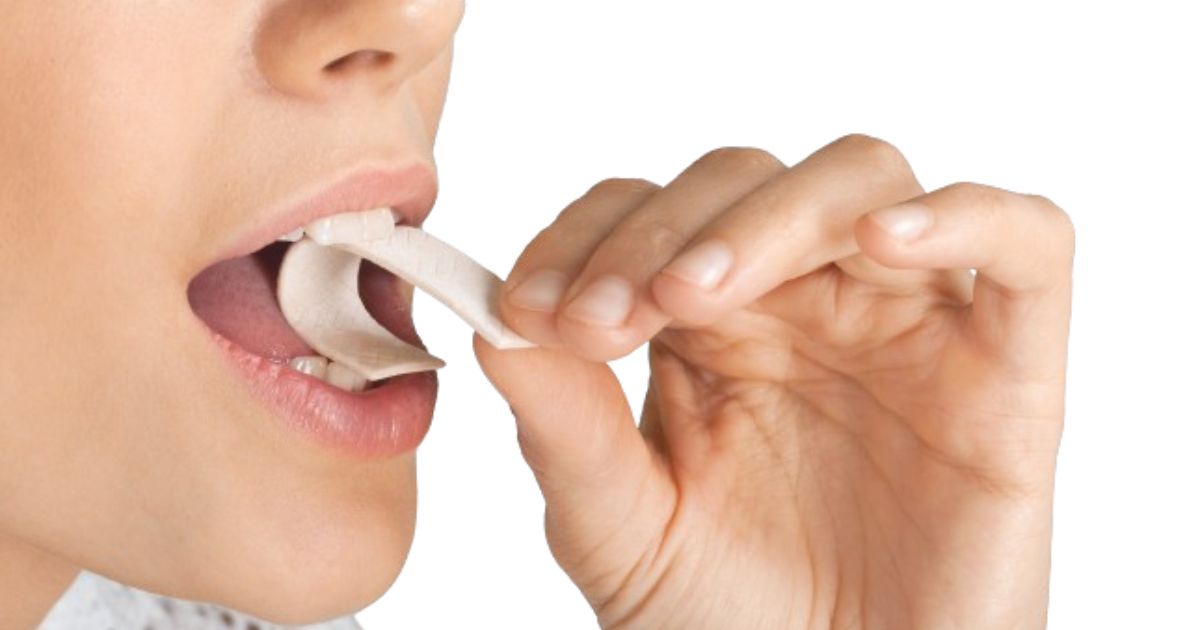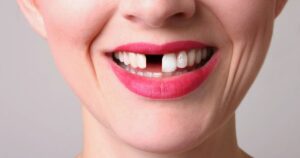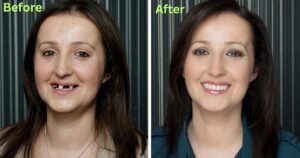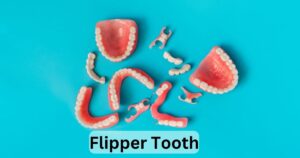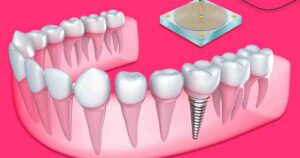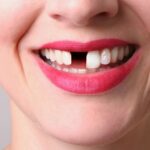As individuals with dentures navigate through their daily routines, especially during times of fasting, questions often arise regarding what is permissible and what isn’t when it comes to oral care. Among these queries, one common concern is whether chewing gum during fasting periods is acceptable. For those reliant on dentures for their dental health, this question takes on added significance.
Denture wearers must not only consider the impact of gum chewing on their fast but also how it might affect the stability and comfort of their dentures. In this article, we delve into the topic, exploring four essential facts to help denture wearers make informed decisions during fasting periods. Understanding these facts can contribute to maintaining both oral health and adherence to fasting practices.
Fact 1: Impact on Fasting State

Chewing gum during fasting periods introduces considerations that extend beyond mere oral hygiene concerns. The act of chewing stimulates saliva production and activates the digestive system, potentially disrupting the fasting state. While chewing gum itself may not directly break a fast, its effects on saliva production and gastrointestinal activity can vary from person to person.
Denture wearers, in particular, must be mindful of how gum chewing might affect their fasting goals and adherence to specific dietary restrictions. Understanding the implications of gum chewing on the fasting state enables individuals to make informed decisions that align with their fasting practices and oral health needs.
Chewing Gum and Fasting: Understanding the Basics
Chewing gum, typically sugar-free, has become a common habit for many individuals seeking to freshen their breath or alleviate boredom. However, during fasting periods, even this seemingly innocuous activity can have implications. While chewing gum itself doesn’t inherently break a fast, it can stimulate saliva production and the digestive system, potentially disrupting the fasting state. This disruption might vary depending on the individual and the specific guidelines they follow for fasting.
Denture Wearers’ Consideration
For those wearing dentures, the consideration extends beyond just the impact on fasting. Denture wearers must also ponder how gum chewing could affect the adhesion and stability of their dental appliances. The repetitive motion of chewing gum can potentially dislodge dentures or cause discomfort, leading to the need for adjustments or repairs.
Fact 2: Caloric Concerns
Caloric concerns are paramount for individuals observing fasting periods, particularly those with dentures. Even seemingly innocuous activities like chewing gum can pose challenges, as some sugar-free gum varieties contain minimal calories from sugar alcohols or artificial sweeteners. While these calories may seem insignificant, they can potentially disrupt the fasting state, especially for those adhering to strict fasting protocols.
Denture wearers must remain vigilant about hidden calories in chewing gum, opting for denture-friendly options with lower calorie content to mitigate the risk of unintentional caloric consumption. By being mindful of these caloric concerns, denture wearers can better align their chewing habits with their fasting goals, ensuring both oral health and adherence to fasting practices.
Hidden Calories in Chewing Gum
One primary concern for individuals fasting is inadvertently consuming calories, which can break the fast. While sugar-free gum is low in calories, it’s not entirely devoid of them. Some sugar alcohols or artificial sweeteners used in sugar-free gum formulations do contain minimal calories. Denture wearers, particularly those following strict fasting protocols, must be mindful of these hidden calories and their potential impact on their fasting goals.
Denture-Friendly Options
Fortunately, denture wearers have alternatives to traditional chewing gum. There are sugar-free gums specifically designed for those with dentures, often featuring softer textures that are gentler on dental appliances. Opting for these denture-friendly options can mitigate concerns about dislodging or discomfort while still enjoying the benefits of freshening breath and stimulating saliva production.
Fact 3: Oral Health Considerations
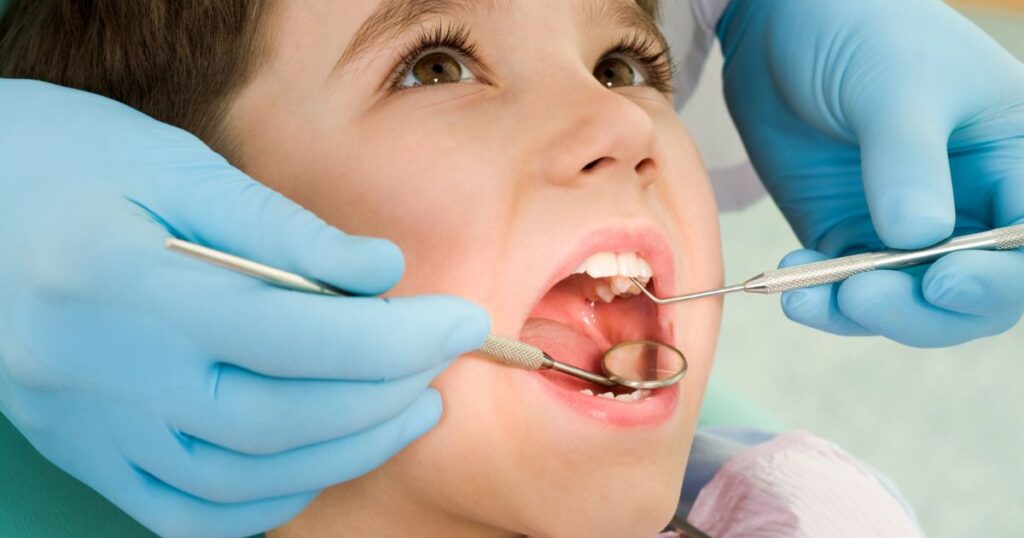
Maintaining optimal oral health is paramount for denture wearers, especially during fasting periods when routine oral hygiene practices may be altered. Chewing gum, with its ability to stimulate saliva production, plays a significant role in oral health maintenance. Adequate saliva flow helps wash away food particles, neutralize acids, and prevent dry mouth, all of which are essential for preventing oral health issues such as tooth decay and gum disease.
Denture wearers should choose sugar-free gum options containing non-cariogenic sweeteners to minimize the risk of tooth decay. Additionally, regular dental check-ups and adherence to a consistent denture cleaning regimen are essential components of oral health maintenance for denture wearers, ensuring that their oral health remains optimal even during fasting periods.
Saliva Production and Oral Health
One of the primary functions of chewing gum is to stimulate saliva production, which plays a crucial role in oral health. Saliva helps wash away food particles, neutralize acids, and remineralize tooth enamel, all of which contribute to maintaining healthy teeth and gums. For denture wearers, adequate saliva production is essential not only for oral health but also for the comfort and longevity of their dental appliances.
Choosing Gum Wisely
When selecting chewing gum, denture wearers should opt for sugar-free varieties containing xylitol or other non-cariogenic sweeteners. These options promote saliva production without increasing the risk of tooth decay. Additionally, denture-friendly gums with softer textures are preferable to minimize the risk of discomfort or damage to dentures.
Fact 4: Personal Preferences and Guidelines
In the realm of fasting and oral health, personal preferences play a significant role in determining whether denture wearers choose to chew gum. While some individuals may find gum chewing during fasting periods compatible with their oral care routines and fasting goals, others may opt to abstain from this activity altogether.
Personal beliefs, cultural practices, and individual experiences all influence these decisions. Additionally, denture wearers should consider any specific guidelines or recommendations provided by healthcare professionals, such as dentists or nutritionists, to ensure that their choices align with their overall oral health and well-being. Ultimately, by respecting personal preferences and following personalized guidelines, denture wearers can make informed decisions that support both their oral health and their chosen fasting practices.
Individual Variation in Fasting Practices
Fasting practices vary widely among individuals, ranging from intermittent fasting to religious fasts with specific guidelines. Consequently, what constitutes breaking a fast can differ based on personal beliefs and cultural norms. Denture wearers must align their gum-chewing habits with their fasting guidelines to ensure adherence to their chosen fasting protocol.
Consultation with Healthcare Professionals
For denture wearers unsure about the compatibility of chewing gum with their fasting practices, consulting with healthcare professionals, such as dentists or nutritionists, can provide personalized guidance. These professionals can offer insights tailored to individual oral health needs and fasting goals, ensuring that denture wearers make informed decisions that support both their oral health and fasting endeavors.
By understanding these four key facts, denture wearers can navigate the complexities of chewing gum during fasting periods with confidence, prioritizing both their oral health and adherence to fasting practices.
The Role of Glue For Dentures During Fasting: What You Need to Know
When it comes to fasting, denture wearers often seek reassurance about the use of adhesives like glue. While some may wonder if it’s permissible to use denture adhesive during fasting periods, others might question its necessity altogether. Understanding the role of glue for dentures during fasting involves considering factors like comfort, stability, and oral hygiene. This article delves into the significance of denture adhesive, exploring its impact on fasting practices and offering insights to help denture wearers navigate their oral care routines with confidence.
FAQ’s
Is it OK to chew gum when fasting?
Yes, but it depends on the fasting guidelines. Chewing gum, particularly sugar-free varieties, is generally considered permissible during fasting periods for most individuals. However, some fasting protocols may discourage any consumption, including gum, during fasting hours. It’s essential to consult specific fasting guidelines to determine if chewing gum aligns with the chosen fasting practice.
Does chewing gum burn calories?
Yes, chewing gum burns a small number of calories. The act of chewing requires energy expenditure, albeit minimal. However, the amount of calories burned through gum chewing is generally insignificant in terms of weight management or calorie expenditure.
Does gum spike insulin?
No, sugar-free gum typically does not spike insulin levels. Sugar-free gum is formulated with non-nutritive sweeteners that do not raise blood sugar levels or stimulate insulin secretion. However, some individuals may experience an insulin response to the taste of sweetness, even without actual sugar consumption, but this response is usually minimal.
Conclusion
Chewing gum during fasting periods is a topic that warrants careful consideration, particularly for individuals with specific dietary needs or oral health concerns, such as denture wearers. While chewing gum does burn a small number of calories and may offer some benefits like appetite suppression, its impact on fasting practices, calorie burning, and insulin levels is generally minimal.
Sugar-free gum is often the preferred option, as it contains fewer calories and does not spike insulin levels. However, it’s essential to adhere to individual fasting guidelines and consider personal preferences when deciding whether to chew gum during fasting periods. Ultimately, maintaining oral hygiene and adhering to fasting practices should be balanced with informed decision-making and attention to overall health and well-being. By considering these factors thoughtfully, individuals can navigate the complexities of chewing gum during fasting periods with confidence and clarity.
